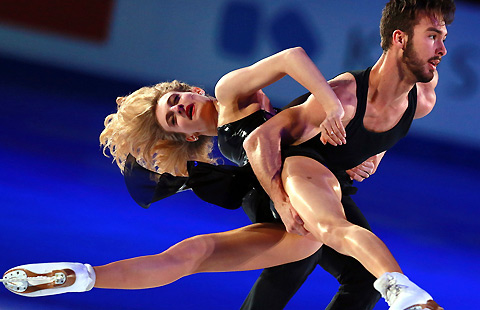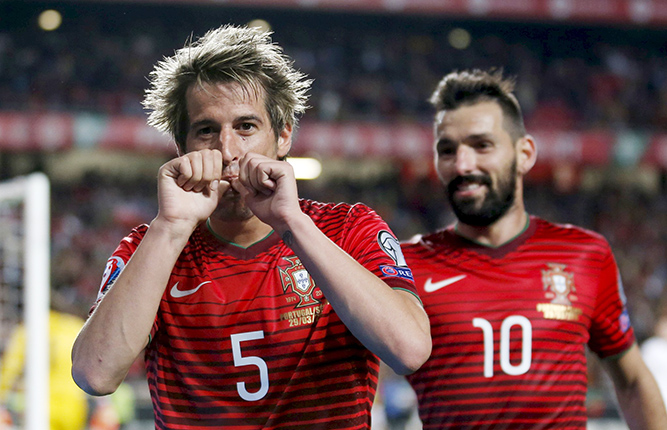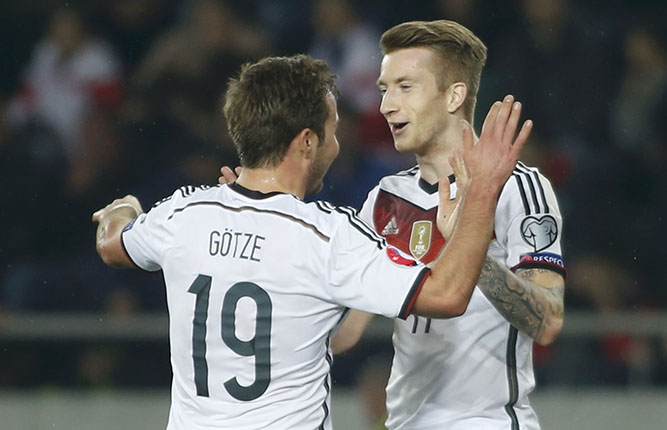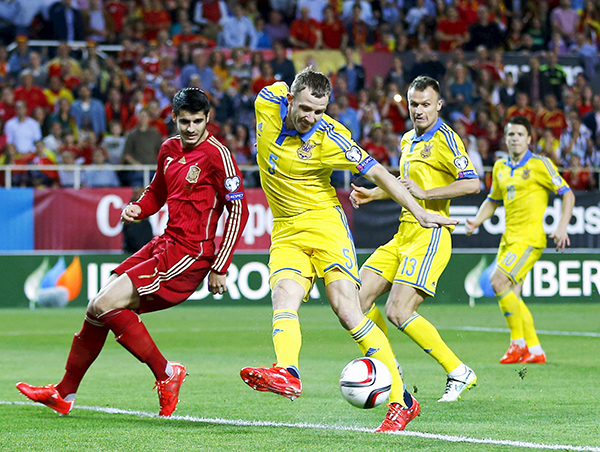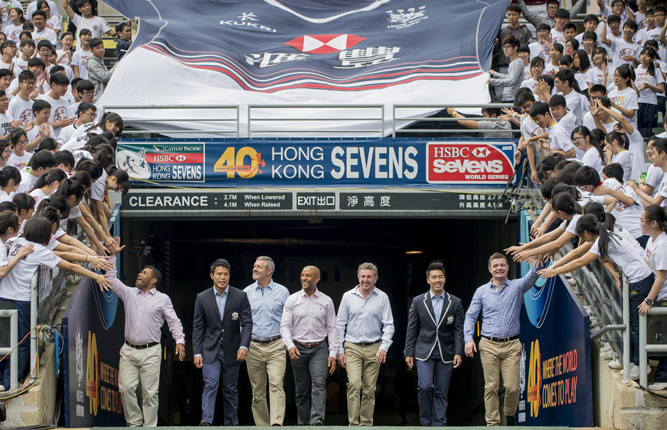Fernandez, Tuktamysheva take golds at figure skating worlds
(Agencies) Updated: 2015-03-30 10:20SHANGHAI - Javier Fernandez is used to breaking barriers as a figure skater from Spain, a country without a long winter sports tradition.
He was the first Spanish man to win a medal at a Grand Prix figure skating event and the European championships, and the first to compete in figure skating in the Olympics in more than half a century.
Now he can add first Spanish men's world champion to his list.
Fernandez cleanly landed two quad jumps in his free skate to edge defending champion Yuzuru Hanyu of Japan, his training partner and good friend, for the gold medal at the figure skating world championships on Saturday.
"I'm so lucky because I come from Spain and we don't have this history," the 23-year-old Madrid native said. "I'm trying to grow the sport in Spain as I'm trying to grow myself in this sport."
In the women's event, Elizaveta Tuktamysheva of Russia wrapped up the most successful season of her promising young career by winning the women's gold. It was Russia's first win in the women's event at worlds since Irina Slutskaya took the title 10 years ago.
Hanyu, who won Olympic gold last year in Sochi, had little time to prepare for the world championships after undergoing surgery on his bladder in late December and then promptly spraining his ankle when he returned to practice in February.
He was away from his coach, Brian Orser, and his training base in Toronto as he recovered at home in Japan.
Though his artistry hadn't suffered from the two months away, his timing was noticeably off on his jumps, particularly the difficult quads. Both Hanyu and Fernandez fell on quad jumps in their free skate programs, but the Spaniard landed two others while the Japanese skater doubled his quad salchow.
Fernandez scored 273.90 to top Hanyu by less than three points. Kazakhstan's Denis Ten took the bronze.
Hanyu said he was thrilled for his training partner.
"We've been competing together for a long time and always Javier told me, 'Congratulations, I'm so proud of you' (when I won) and now I'm in the opposite position," Hanyu said. "Now I realize how happy you feel when your team mate makes such a good result, so I'm very proud of him."
Fernandez said he's not only put in the training time on the ice, he also has a new relationship that has provided him with valuable perspective on competing at the top level _ he's dating two-time world champion Miki Ando of Japan.
"She really knows what it's like being here," he said. "She really helps me sometimes so part of this medal is maybe because of her."
In the women's event, Tuktamysheva landed seven triples in a slightly nervy free skate to score 210.36 points, beating Satoko Miyahara of Japan by more than 15 points. Elena Radionova of Russia was third.
Last season, Tuktamysheva finished a lowly 10th at the Russian national championships and had to sit at home while countrywoman Adelina Sotnikova won the gold in Sochi. Then she broke her foot and was off the ice altogether for three months.
A year later, with Sotnikova on the sidelines with an ankle injury, the 18-year-old Tuktamysheva has captured eight international events, including the Grand Prix Finals, European Championships and now the world championships.
"After the unfortunate last season, it was very tough for me, but my coaches helped me a lot and they believed in me even when I didn't believe in myself anymore," she said.
Her win came in dramatic fashion after she joined an exclusive club of female skaters by successfully landing a triple axel in competition in her short program. She promised to continue pushing herself next year by adding a triple axel to her free skate, but as for a quad jump that might be some time off.
"I haven't excluded the idea of learning a quad toe, but for sure I won't do it in my program," she said.
Her rivals are already feeling the pressure to increase their levels of difficulty to keep up.
"I admire her so much for coming back and bringing a whole new level of difficulty to the sport," said Ashley Wagner, a three-time U.S. national champion. "Triple axels will be mandatory before we know it."
Wagner and the other top American, Gracie Gold, rebounded from disappointing performances in the short program. Gold finished fourth and Wagner was fifth _ just short of ending the nine-year medal drought for American women at worlds.
